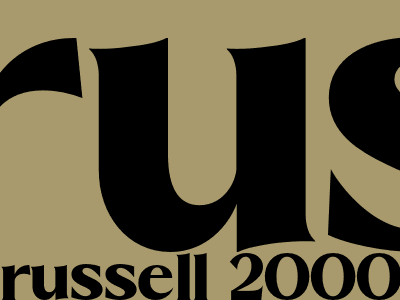
Russell 2000 Companies by Weight
Overview
The Russell 2000 Index is a stock market index that tracks the performance of the 2,000 smallest companies in the Russell 3000 Index. The index is widely used as a benchmark for small-cap stocks, and it is often used to measure the performance of small-cap investment funds.
The Russell 2000 Index is constructed using a float-adjusted market capitalization weighting system. This means that the weight of each company in the index is based on its market capitalization, which is the total value of its outstanding shares. As a result, the largest companies in the index have a greater impact on its performance than the smallest companies.
Components
The Russell 2000 Index is composed of companies from a variety of industries, including technology, healthcare, consumer discretionary, and industrials. The index is heavily weighted towards technology companies, which account for over 20% of its total market capitalization.
Some of the largest companies in the Russell 2000 Index include:
- McCormick & Company, Inc.
- LKQ Corporation.
- Trex Company, Inc.
- The Chefs' Warehouse, Inc.
- Catalent, Inc.
Performance
The Russell 2000 Index has outperformed the S&P 500 Index over the long term. Since its inception in 1984, the Russell 2000 Index has returned an average of 10.5% per year, compared to 9.8% for the S&P 500 Index.
The Russell 2000 Index is a volatile index, and it can be more volatile than the S&P 500 Index. This is because small-cap stocks are more susceptible to economic downturns and other market events.
Investing
There are several ways to invest in the Russell 2000 Index. One option is to buy shares of an exchange-traded fund (ETF) that tracks the index. Another option is to buy shares of individual companies that are included in the index.
When investing in the Russell 2000 Index, it is important to consider your investment goals and risk tolerance. Small-cap stocks can be more volatile than large-cap stocks, so it is important to be prepared for potential losses.